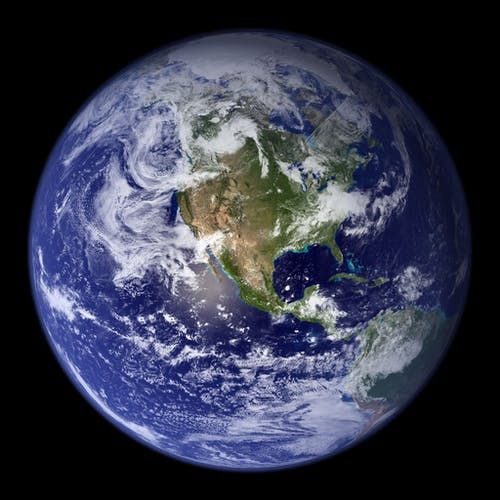
Let's Talk about COP26
Posted on 10 Nov 2021
What is COP?
As we write this, COP26 is taking place. This year, it’s being hosted by the U.K (in partnership with Italy) in Glasgow, Scotland. For nearly 30 years, the United Nations (UN) has brought together countries from all over the world annually for global summits - or ‘Conference of the Parties’ (COP). This year is the 26th annual summit, hence the name COP26.
The Summit lasts for 12 days, with thousands of negotiators, government representatives, businesses, activists and citizens meeting to have talks - and hopefully reach an agreement - about how to tackle the issue of the climate crisis.
Why should you care about COP26?
COP26 is the biggest and most important international conference that the UK has ever hosted.
The climate crisis and biodiversity loss are key environmental issues threatening the world today. These issues require action to be taken on a global scale, as a matter of urgency.
As part of the Paris agreement, the Intergovernmental Panel on Climate Change (IPCC) examined what a 1.5 degrees Celsius rise in global average temperature would mean for the planet. A rise to this extent would cause significant environmental impacts, but these changes would be far less than those associated with a 2 or 3 degree rise in temperature. A 1.5 degree threshold is still possible, but does require immediate, concerted efforts.
Where are we now?
The global temperature is already at about 1.1 – 1.2C above pre-industrial levels, and greenhouse gas emissions are still on an upward trend. Carbon dioxide output decreased significantly during the lockdowns last year, but they have since surged again as economies begin to recover. However, to stay within the 1.5 target, emissions need to fall by about 7% a year for this decade, and we must stop emitting greenhouse gases from burning fossil fuels, and from industrial processes, for example from farming, almost completely by mid-century, and we must offset our residual emissions in order to reach a balance, known as net zero.
What can you do?
At Berries Unlocked, we know it's important to look after the planet, that’s why we’re offsetting our emissions, and we ensure that the fruit that we sell our customers is carbon neutral.
Ariana was lucky enough to have the opportunity to attend one of the events in Glasgow, and was inspired by other small enterprises in Scotland as they discussed how they have been working towards their own Net Zero targets among others.
We know that there is always more that can be done, but we are proud of ourselves and other small businesses for making a start, and we have lots of ideas to move forwards with into the future.
You too can use an online carbon calculator in order to understand your carbon footprint, and to get inspiration relating to how you can reduce your emissions. While action on an individual level is great, the real change will happen when large businesses and governments take climate change seriously. You can use your voice - sign petitions, support environmental groups - to make a difference, too!
How can you limit your carbon footprint?
Understanding your carbon footprint can help you to limit the impact of your lifestyle and consumption on the world around you. Small changes can make a big difference long-term, and these can be incorporated in your day-to-day life.
Here are some tips:
-
Consume local and seasonal products - luckily Haygrove has a longer fruit season than many other British farms, so you can still enjoy your berries into the late autumn!
-
Reduce meat consumption - especially beef!
-
Bring reusable shopping bags on your next trip to the shops and avoid products with excessive (plastic) packaging where you can.
-
Plan your meals in advance, only buy what you need, and try to avoid wasting food.
-
Cycle or use public transport where you can. If you need to drive, see if car-sharing is an option!
-
Reduce the amount you fly - try train travel for your next holiday!
-
Take shorter showers, and don’t leave the water running while you wash your dishes.
-
When household items are broken, aim to repair rather than replace. If items need replacing, try to make more energy efficient swaps (select products with an “A” Energy Label).
-
Take good care of your clothes! Look for responsibly-made clothes, try swapping, borrowing from friends or buying second hand before you look online!
